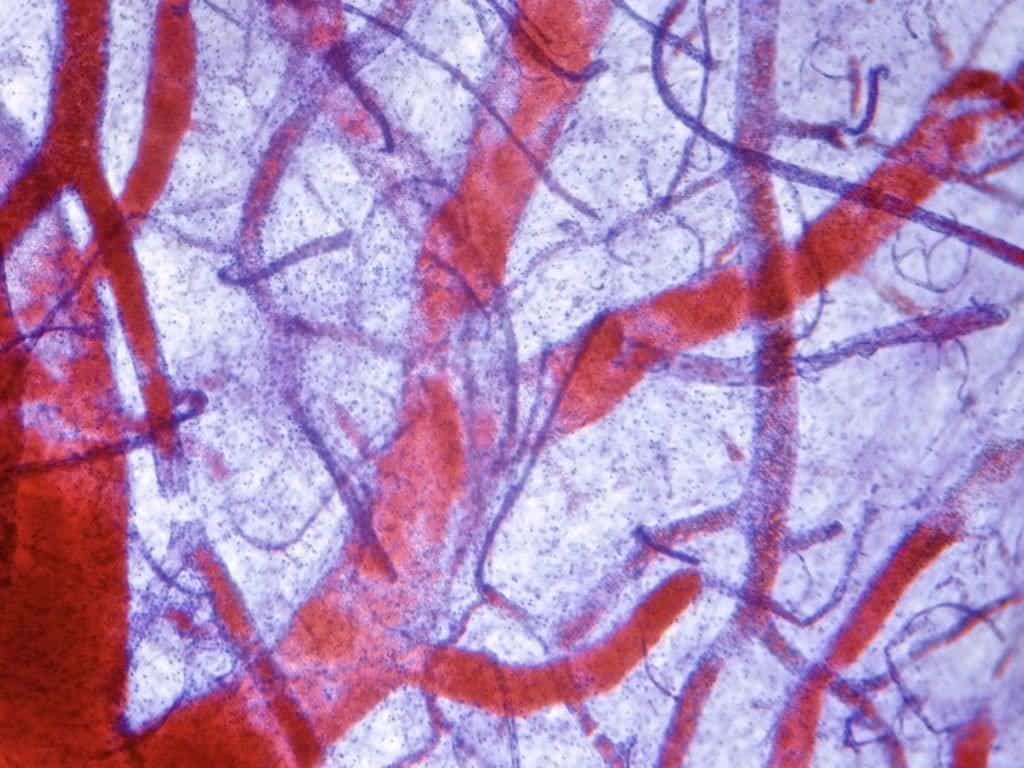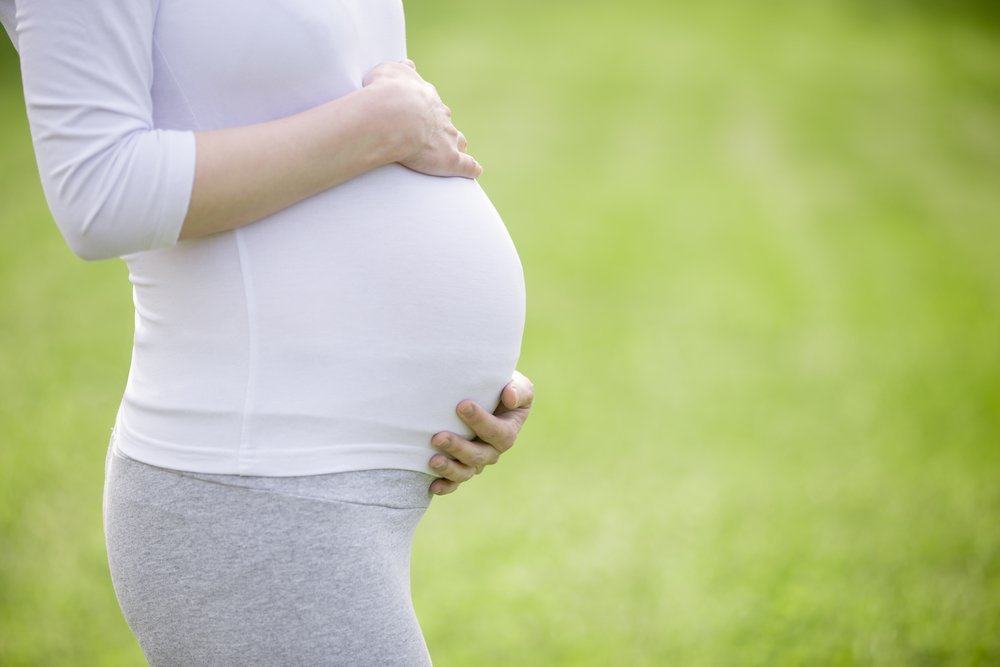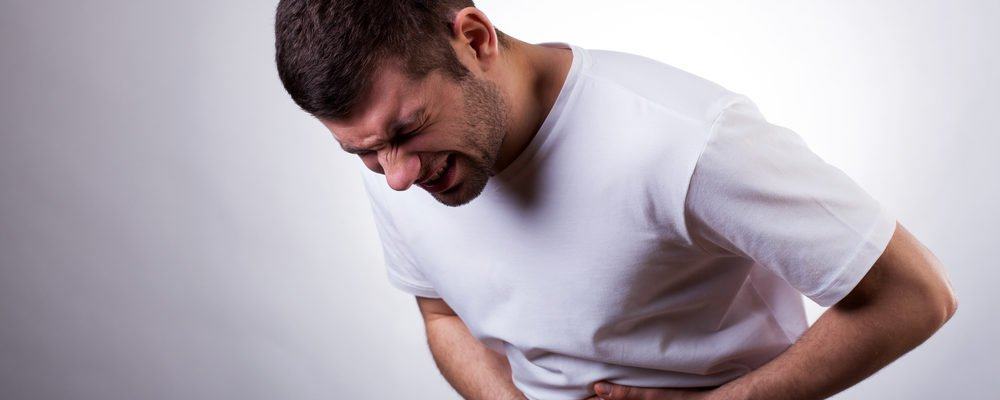Contents:
Medical Video: Sleep Apnea
Sleep apnea disorders or known as sleep apnea is one of the conditions associated with stroke risk factors. The news that sleep apnea is a risk factor for stroke is not new. We have long known that sleep apnea is associated with an increased risk of stroke. But new research shows how sleep apnea is very common in stroke patients. In particular, these results show how often sleep apnea appears in patients who suffer silent stroke.
What does it mean by silent stroke?
- Silent strokee has no visible symptoms that can be identified.
- In most cases, people suffer silent stroke don't even know they have a stroke.
- Silent stroke referred to as "silent" because they do not reveal external physical symptoms that are usually associated with strokes, including slurred speech, paralysis, and severe pain.
- Silent stroke is a serious health problem, which can cause permanent damage to the brain, especially in areas of the brain that regulate mood, mind, cognition, and memory.
- Silent stroke itself is a trigger factor for other types of strokes, including severe strokes.
Researchers from the University of Alabama, Birmingham and from the German University of Technology worked together to investigate the frequency and severity of obstructive sleep apnea as a risk factor for silent stroke. Their results showed a high level of sleep apnea among patients with silent stroke.
During the 18-month period, researchers evaluated 56 people who had been identified as experiencing acute cerebral ischemia, which is a type of stroke that disrupts blood flow to the brain. Within 5 days of stroke symptoms, patients were evaluated using MRI and CT scans to identify specific details of the effects of stroke on the brain, as well as the severity of sleep apnea. Researchers found:
- Sleep apnea appeared in 51 of 56 stroke patients evaluated, with a percentage of 91%
- Of these 51 patients, 29% had severe sleep apnea and 30% had moderate sleep apnea
- Severe sleep apnea is present in 58% of patients suffering from disorders silent stroke
- Severe sleep apnea occurs in 38% of patients with chronic microvascular changes of small wounds in the white part of the brain associated with silent stroke)
- Sleep apnea and its severity can be strong predictions for silent stroke
- Patients with severe sleep apnea can experience a slower and less successful development of healing in the early stages of stroke recovery than patients without sleep apnea.
What we don't know from the results of this study is whether sleep apnea is a factor that causes strokes or are people who suffer from stroke more likely to experience sleep apnea? When a person suffers from sleep apnea, their respiratory tract experiences disturbances during sleep. These airway disorders block breathing and reduce oxygen levels in the bloodstream temporarily. People who suffer from moderate to severe sleep apnea have many respiratory disorders, even hundreds, every night. (In a recent study, researchers defined severe sleep apnea as having respiratory problems 30 times per hour of sleep).
Learning more about how breathing disorders affect the brain and can cause stroke risk is an important pathway for further research.
Sleep apnea has been known to be associated with an increased risk for various serious and chronic diseases. Obstructive sleep apnea has also been associated with:
Cardiovascular problems. Besides being a risk factor for stroke, sleep apnea is also associated with hypertension, heart disease, and heart failure. The results show that obstructive sleep apnea increases a person's risk of having a heart attack by 30% over a 4-5 year period.
Diabetes. There is increasing evidence of the relationship between diabetes and sleep apnea. The study found a high rate of obstructive sleep apnea among men with type 2 diabetes. Most cases of sleep apnea were diagnosed before the study.
Sexual dysfunction. Sleep apnea has been shown to cause sexual problems in men and women. This study shows women with sleep apnea have a higher level of sexual problems, both with sexual performance and with satisfaction. This study revealed that men with erectile dysfunction were more than twice as susceptible to obstructive sleep apnea.
We must know about how sleep apnea can occur, as well as its role as a risk factor for stroke. What is clear is that sleep apnea is a warning for strokes and other serious health problems. Examination of sleep apnea and checking sleep health in general is an important measure for the diagnostic and risk assessment process for patients.
If sleep apnea and other sleep disorders are ignored, we ignore the opportunity to identify the risk of a disease that is worse for the patient.












